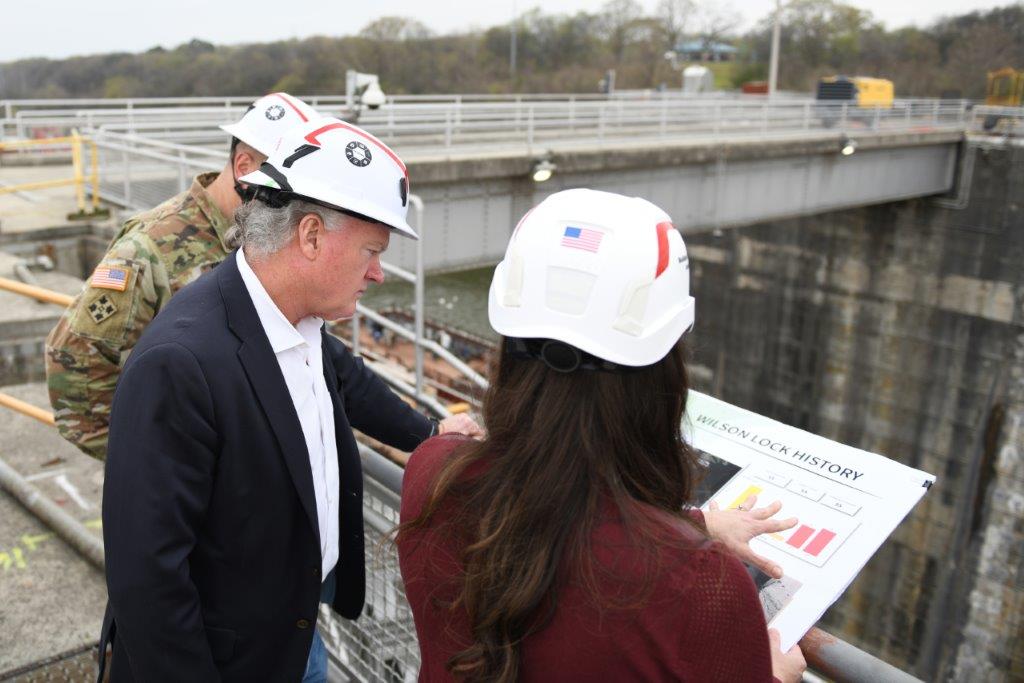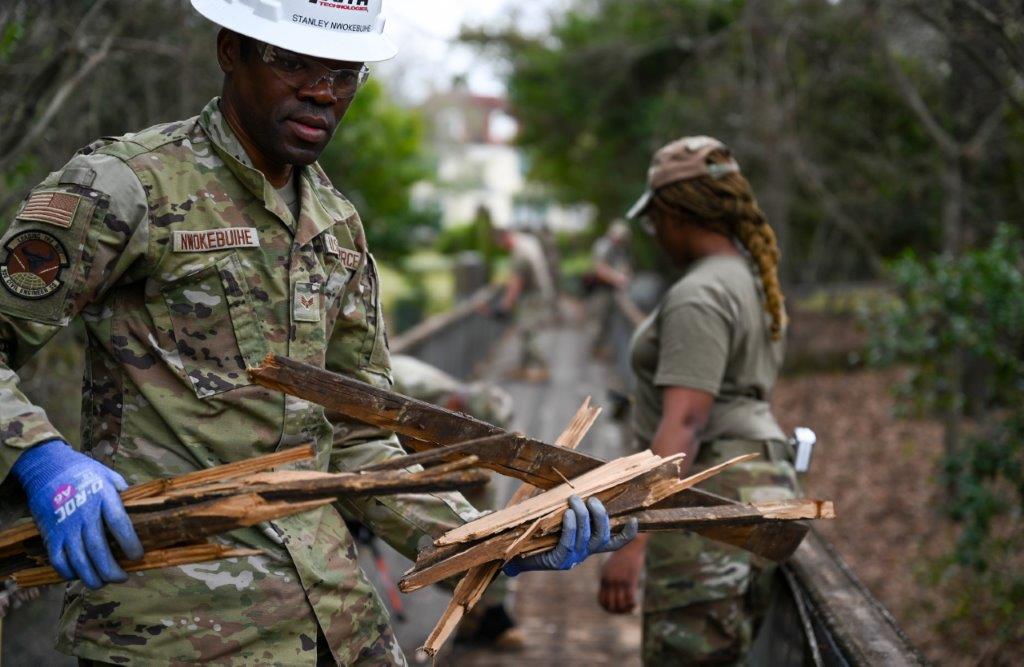Birmingham AABE chapter convenes panel on turning anguish into action

Leaders are working for meaningful, lasting change when it come to equality and social injustice. (Getty Images)
The Birmingham chapter of the American Association of Blacks in Energy (AABE) recently held a virtual panel discussion among six prominent local industry leaders to talk about strategies for meaningful change.
Monica McShan, president of the Birmingham AABE chapter, convened the panelists to discuss “America’s Communities of Color: Shifting the paradigm from anguish to action.”
“While recent events, including the deaths of George Floyd and Breonna Taylor, are making national news, they have important local impacts that must be addressed here in our communities,” said McShan. “We felt that this platform allowed us to engage our membership and the broader community in this important dialogue.”
Ralph Williams Jr., Alabama Power External Affairs manager and AABE member, moderated the dialogue. Panelists were Roy S. Johnson, columnist and director of content development for Alabama Media Group; Bobbie Knight, president of Miles College; Kenny Coleman, president and CEO of the Birmingham Business Alliance; Kristina Scott, executive director of Alabama Possible; Mike McClure Jr., pastor of Rock City Church; and DeJuana Thompson, founder of Woke Vote.
“We have the opportunity to write the narrative of what the world and future generations say about this time in our history,” Johnson said. “What will we do with that opportunity?”
Thompson, whose organization works to ensure people of color have pathways to economic justice, education and health care, said this opportunity can’t be only about peaceful protests, because they are only one of the strategies needed to create policy change.
“Recent events bring people to movement,” Thompson said. “But we also must vote, participate in our local economy with local leaders and local HBCUs so we don’t have to come back to the point of protest.”
Scott said another strategy in the pursuit of equity is to advocate for prosperity.
“People of color disproportionately struggle with access to affordable education, ability to manage debt from higher education costs and therefore the capability to begin building assets that promote a higher quality of life.”
Scott added that making students aware of tools like the Free Application for Federal Student Aid (FAFSA), lobbying for larger Pell Grants and gaining true representation by completing the 2020 census are real-world actions that can help remove obstacles.
Change and transparency are happening in the business community, according to Coleman, who said that while some business sectors have policies regarding supplier diversity, this discussion is new to many people.

(Getty Images)
“We must foster small minority-owned business and help them have the ability to compete large business contracts,” Coleman said. “And we must work with large businesses to understand their availability, capabilities and include them in their supplier planning process.”
Knight noted the human aspect of current events.
“I can put my nephew’s face on George Floyd, or one of my students or my co-worker,” Knight said when recalling watching video of a policeman with his knee on Floyd’s neck. “That puts things into perspective and reinforces the need for diligence.”
She said the work of historically black colleges and universities brings a unique value to the conversation in terms of education and job readiness, but also in teaching history that will allow students to walk justly into their future.
She also agreed that Americans must intentionally remove obstacles that prevent movement forward.
“We need policies that don’t necessarily make progress easier, but remove the barriers that shouldn’t be there,” Knight said.
“We must invest in a long-term holistic approach that should be seen through the lens of the local area,” Thompson added. “What works in one community might not work in another, and we have to equip communities with the tools to make it work at home.”
McClure reminded participants to follow their inspiration and motivation with action.
“We have a buffet of change and reform options before us,” McClure said. “Get educated on the issues, the history, the path and take informed action. We must walk along this path side by side and keep each other accountable and steadfast.”





